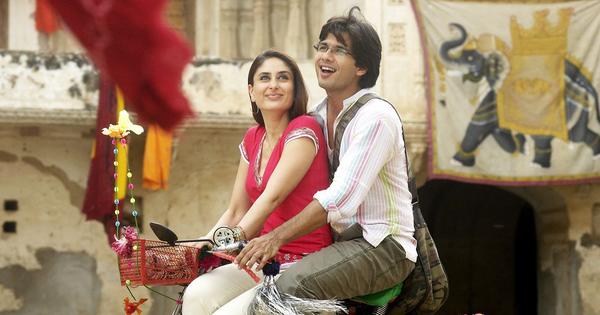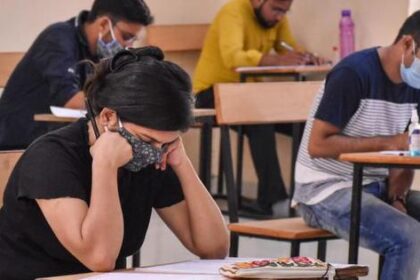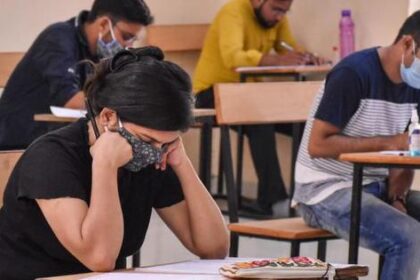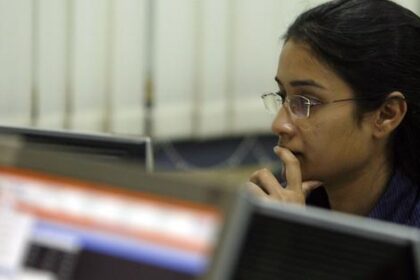Imtiaz Ali shares insights on his journey from Jamshedpur to Mumbai and the role of lived experiences in storytelling.
Imtiaz Ali reflects on how his artistic journey has evolved significantly from his early days in Jamshedpur to his current work in Mumbai. The transformation he experienced was largely influenced by the different types of theatre he engaged with as a writer, actor, and director. In Jamshedpur, Ali participated in traditional English theatre that adhered to strict rules. This included guidelines on how actors should present themselves on stage, such as not turning their backs to the audience. His writing during this period mirrored this formality, characterized by flowery and high-brow English.
The move to Delhi marked a turning point in Ali’s creative process. It was in the capital that he encountered experimental theatre, which encouraged him to embrace more liberal and innovative forms of storytelling. He began writing in Hindi, a language he spoke at home but had not previously utilized in his writing. This shift allowed for greater freedom in expression, as the constraints of traditional theatre were loosened. Ali also ventured into nukkad natak, or street plays, which further enriched his artistic perspective. He describes Delhi as a city that confronts its inhabitants, compelling them to respond creatively to its challenges.
Many of Ali’s stories draw inspiration from his experiences in Delhi. For example, the film Highway originated from concepts he had been contemplating since the late 1990s. His early work in Mumbai continued to reflect his time in Delhi, showcasing how deeply intertwined his experiences are with his storytelling. He emphasizes that while lived experiences serve as the foundation for his narratives, they are not strictly autobiographical. Instead, he sees them as triggers for the imagination. For instance, the premise of Jab We Met, featuring a chance encounter on a train, stems from a fantasy based on a fleeting observation rather than a real-life event.
Ali also reminisces about his television career in the 1990s, particularly his involvement with Star Bestsellers. He believes that the landscape of television has changed significantly since then, with fewer opportunities to create finite, well-structured stories. He recalls the challenge of creating a film for Star Bestsellers called Witness, which provided him a platform to tell a complete story. Working in television taught him the importance of crafting narratives quickly, an experience he considers invaluable to his growth as a filmmaker.
As he reflects on the journey of pitching his first film, Socha Na Tha, Ali recounts how he had been writing and directing television for years before the opportunity arose. Initially, the project was intended to be a three-part film for television, but when that plan fell through, he sought to pitch it as a feature film. His meeting with actor Sunny Deol was particularly memorable, as Ali was initially concerned about how the action hero would react to a romantic storyline. However, Deol showed genuine interest, highlighting the unpredictability and excitement of the creative process. This anecdote illustrates Ali’s belief in the power of collaboration and openness to unexpected outcomes in the filmmaking journey.








